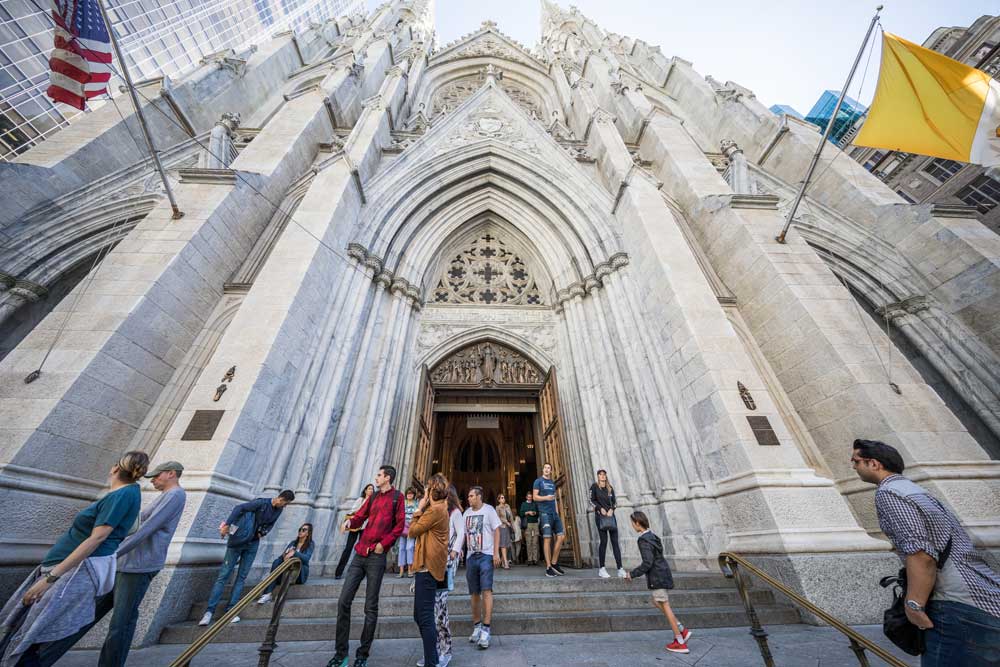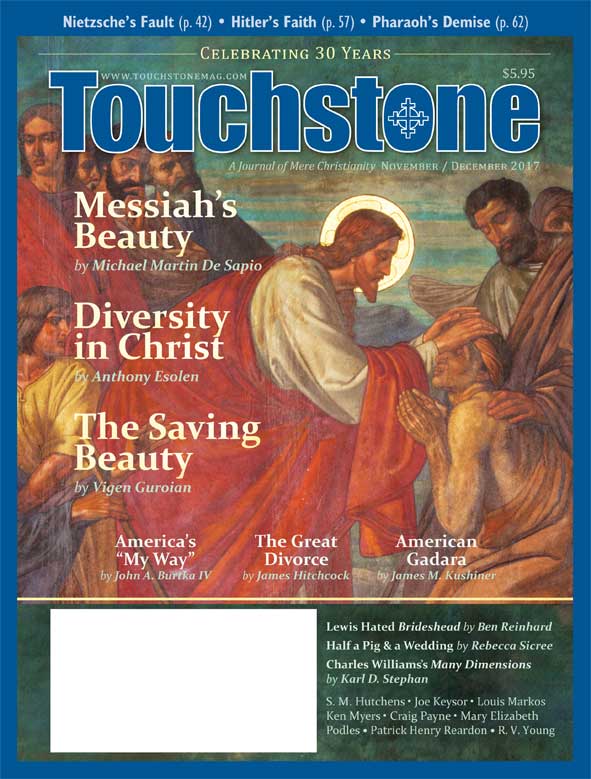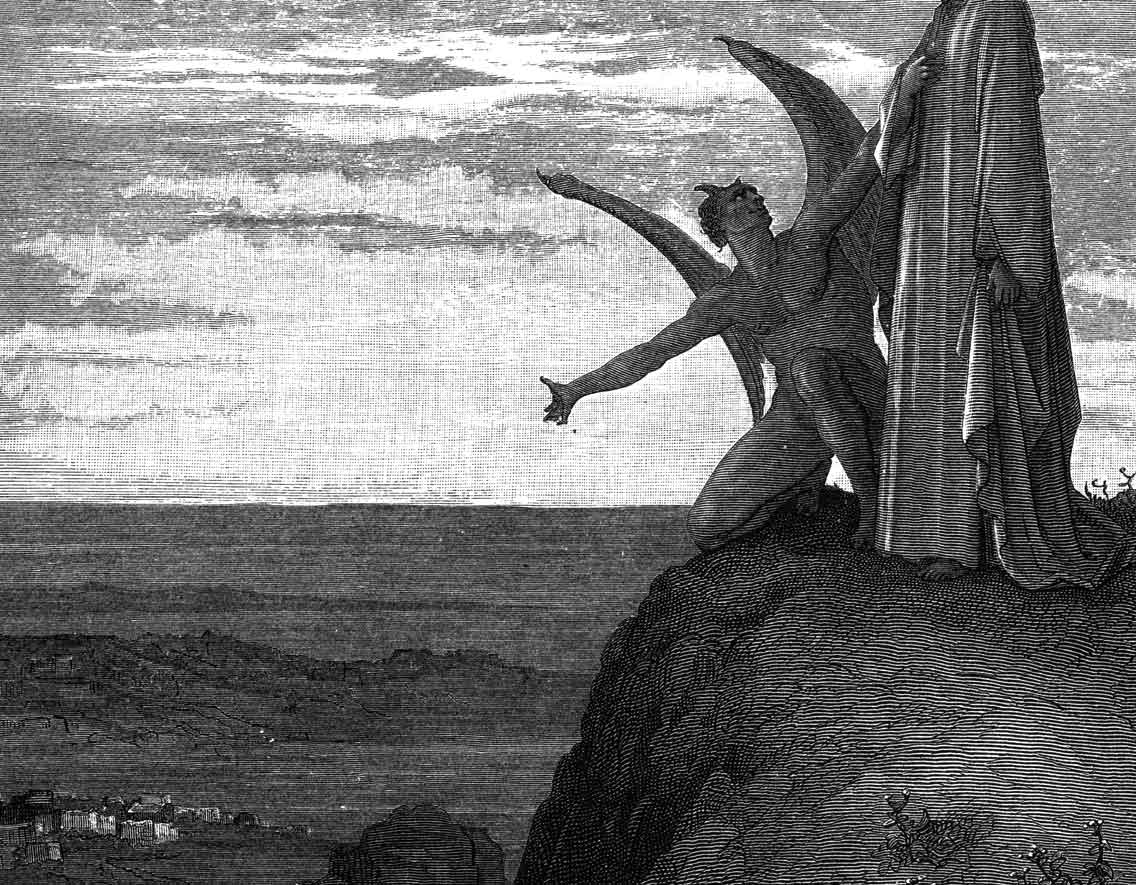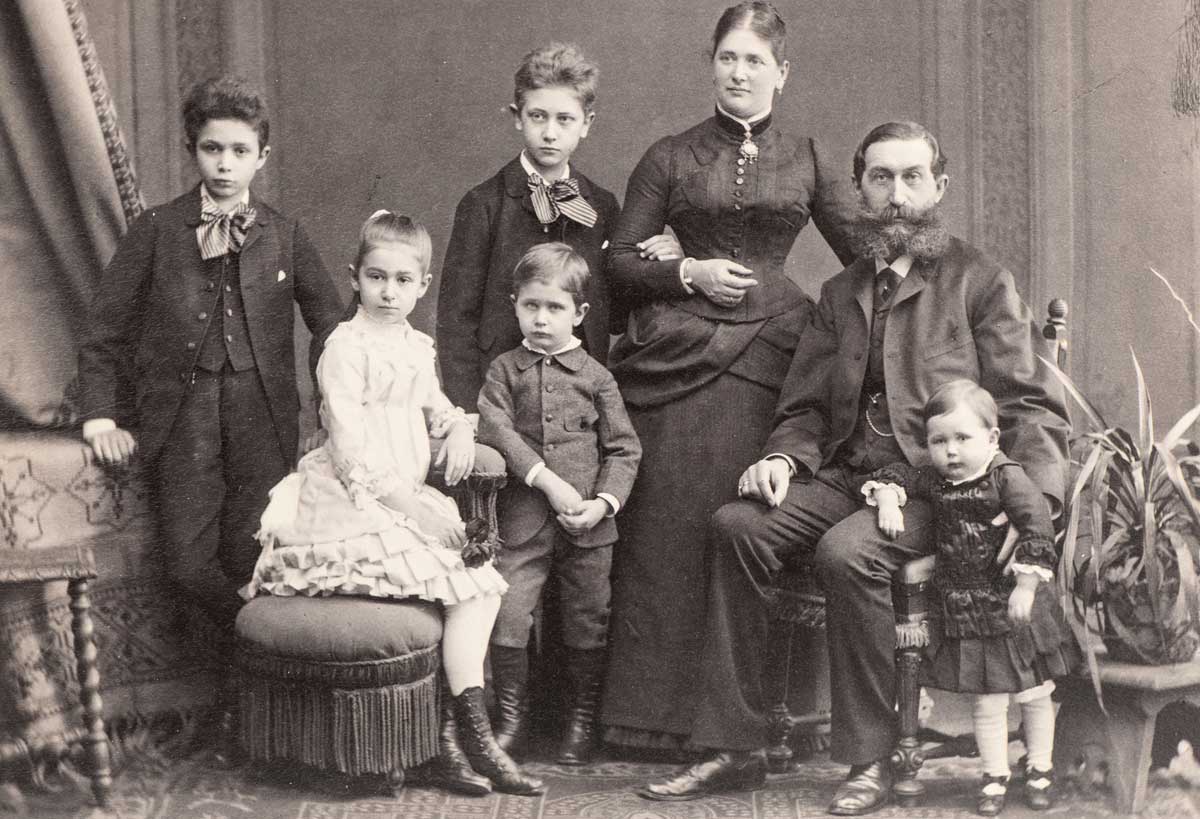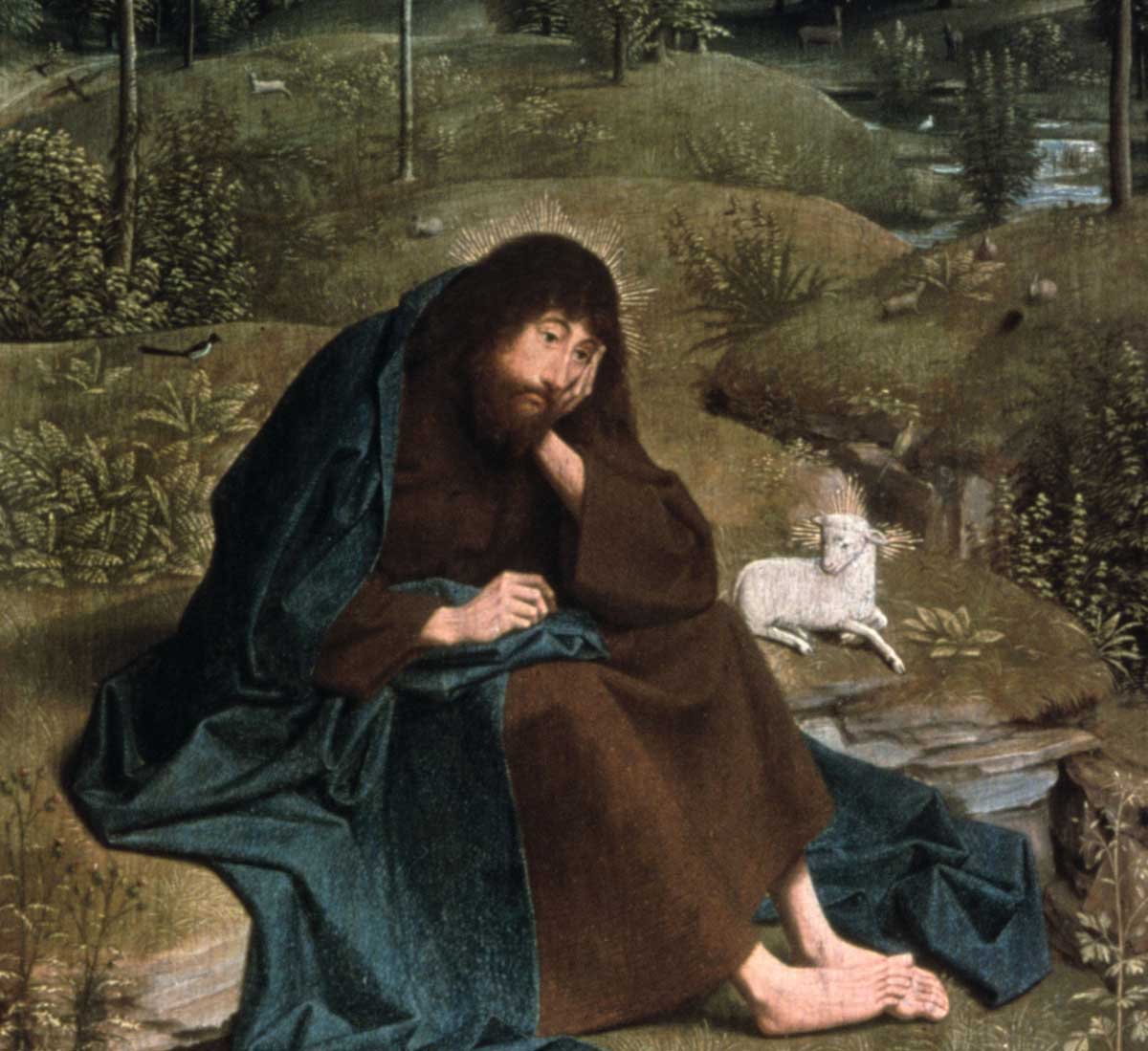Conference Talk
The Great Divorce
Christianity & the Liberal Society by James Hitchcock
For over two millennia Christianity has had an uneasy relationship with the state, something which is inherent in the very concept of the kingdom of God. Under more than two centuries of democracy, religious believers in the United States have felt relatively secure, but they now face the gravest crisis in their history.
The liberal state claims the high ground for itself, relegating the churches to a marginal role. The state proclaims that it, rather than the church, is the appropriate agency for educating the young and caring for needy souls and bodies, that it embodies the highest good of humanity. It is not coincidental that both the idea and the reality of the welfare state are farthest advanced in the most secular part of the world—northern Europe—built on the ruins of liberal Protestantism.
Liberalism Today
As the culmination of almost three centuries of Western intellectual history, liberalism espouses a philosophy in which there can be no certain conclusions and absolutists are considered dangerous and irrational. But in a seeming contradiction, as liberal philosophy undergirds politics, it has itself become a creed with infallible teachings.
This contradiction between the liberal ideal of personal freedom and the advance towards what can be called soft totalitarianism is resolved by a stunningly brazen redefinition of rights. Although the American Constitution explicitly guarantees freedom of religion, speech, and the press, and although it says nothing at all about sexual behavior, such behavior is now given priority, even to the point of denying the very rights the Constitution makes explicit.
In its present stage, liberalism requires that people not be allowed to exercise their freedom by standing in the way of progress. Abortion is a "choice," but the right to choose cannot be extended to people who reproduce "irresponsibly," and the creation of human beings through technology might produce a higher type of person. People who cling to outmoded moral beliefs cannot be allowed to indoctrinate even their own children. The deaths of the chronically ill and those deemed deficient must in some cases be facilitated by the state.
Liberalism, despite its obsessive talk about "diversity," now demands conformity of opinion on most controversial issues. In enlightened circles there is now only one legitimate position with regard to sexual behavior, the role of women, suicide, capital punishment, smoking, and numerous other things, the goal of public policy being to enforce each new consensus.
Over generations, liberal religion has been reduced to a vague kind of humanitarianism that provides no basis for resistance to the secularist agenda. So also the modern business corporation is in no way committed to traditional moral and religious values. The term "globalization" refers to the economy, but it parallels political internationalism.
For seventy years, two sides of liberalism have been in tension with one another—the classical advocacy of personal freedom versus the commitment to centralized planning as enshrined in the welfare state. The latter is now emerging triumphant, making the liberal faith anti-democratic, relying on the courts, governmental agencies, and international bodies to decree what cannot be achieved through the consent of the citizens.
The emerging liberal order is in principle totalitarian because it goes well beyond political goals and demands hegemony over ideas and beliefs as well. While liberalism for almost two centuries urged an ever-widening personal freedom, it is now virtually defined by demands for "speech codes," for punishing unfashionable opinions as "hate crimes," for using the power of government to enforce what is deemed to be responsible behavior.
James Hitchcock is Professor emeritus of History at St. Louis University in St. Louis. He and his late wife Helen have four daughters. His most recent book is the two-volume work, The Supreme Court and Religion in American Life (Princeton University Press, 2004). He is a senior editor of Touchstone.
subscription options
Order
Print/Online Subscription

Get six issues (one year) of Touchstone PLUS full online access including pdf downloads for only $39.95. That's only $3.34 per month!
Order
Online Only
Subscription

Get a one-year full-access subscription to the Touchstone online archives for only $19.95. That's only $1.66 per month!
bulk subscriptions
Order Touchstone subscriptions in bulk and save $10 per sub! Each subscription includes 6 issues of Touchstone plus full online access to touchstonemag.com—including archives, videos, and pdf downloads of recent issues for only $29.95 each! Great for churches or study groups.
Transactions will be processed on a secure server.
more on liberalism from the online archives
more from the online archives

15.6—July/August 2002
Things Hidden Since the Beginning of the World
The Shape of Divine Providence & Human History by James Hitchcock
calling all readers
Please Donate
"There are magazines worth reading but few worth saving . . . Touchstone is just such a magazine."
—Alice von Hildebrand
"Here we do not concede one square millimeter of territory to falsehood, folly, contemporary sentimentality, or fashion. We speak the truth, and let God be our judge. . . . Touchstone is the one committedly Christian conservative journal."
—Anthony Esolen, Touchstone senior editor





